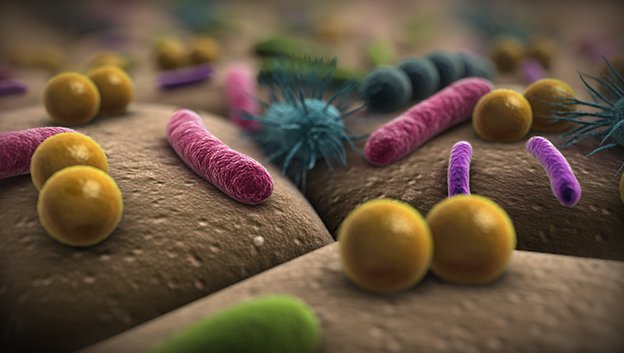Unique 3D Animation Proces
The 3D animation analyses a large amount of visual data. Animated graphics are refined more quickly and have a more enlightening impact on a person's emotions than texts and music do. This is particularly clear in the advertising industry. A 3D animation process increases the content's value by a factor of four, which is crucial in the pharmaceutical and clinical instrument industries where visualization is crucial.
There are many
steps in the 3D animation process, including:
Pre-Production
Script and storyboard - The script is
written when a concept has been chosen. You or we can take care of this, but we
need to know your preference at the client meeting.
The storyboard, which is a collection
of images that establishes the two-dimensional guidelines for how the final
animation will be presented, must be made when the script is finished. What
happens first, next, and last is determined by time. The second aspect to think
about is interaction: how do the voice-over or sound effects connect with the
pictures? How will it convey the narrative to the viewer?
Production
Asset Planning
and Design – Research and development (R&D), a
crucial step in the innovation process, are a part of the design process in the
3d animation
process. R&D develops more original designs that can aid in our
comprehension of the meaning and objective of the narrative.
The fun and creative process can truly
get started now that all components of the plot are being designed. Examples of
this include the character, scenario, backdrop, asset design, and color
palette. To provide the design team a clear grasp of the look and feel they
want to create, these elements can be produced through moodboards, model
sheets, fast sketches, and other techniques.
Rigging – A mechanical
framework that can move in the x, y, and z axes must be constructed in order to
give the model life and allow characters or objects to behave in ways that suit
the requirements of the tale.
Animation – Highly realistic, lifelike motions are produced when
several images or frames are combined to provide the appearance of movement.
giving life to characters! At specified checkpoints, we will deliver
work-in-progress (WIP) playblasts to clients so they can comment on timings and
camera movements.
The client receives the pre-render
when the animation is finished for final approval. A WIP playblast for feedback
and approval would be delivered at this stage of the development process as
well as the start of visual effects (VFX).
Texturing/
Shading – The next level calls for color and finer
textured features in the models, which would be discussed during the customer
meeting and asset preparation stage.
Lighting – Along with
that, it would also involve giving the models a certain appearance and
establishing the scene's tone.
Rendering – The final
production step is rendering, a computer-assisted procedure that creates mixed
photorealistic or non-photorealistic graphics. Don't undervalue the power of
rendering; the procedure could take a few days or weeks, depending on how
intricate it is.
For additional details on the 3D animation process, take a look at our website.



Comments
Post a Comment